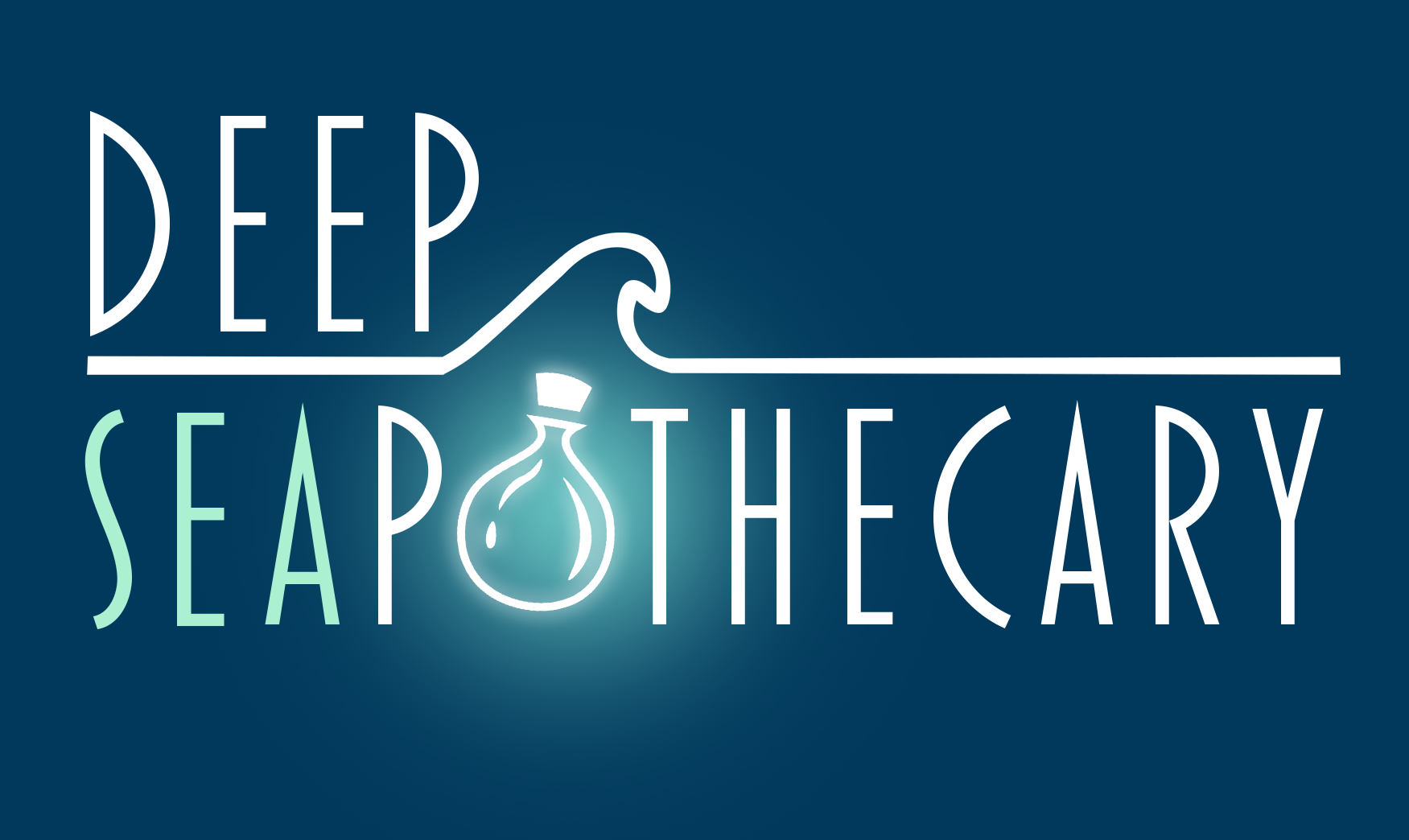The world’s oceans cover over 70% of the Earth’s surface, brimming with life and wonder. However, right here in the USA and across the globe, our oceans are facing a growing crisis: plastic pollution. The cosmetic industry, heavily dependent on plastic packaging, is a significant part of the problem. At Deep Seapothecary, we’re embracing the ocean’s beauty while doing our part to reduce our plastic footprint.
The Cosmetic Industry’s Plastic Problem
The cosmetic and personal care industry is one of the biggest users of plastic packaging. From shampoo bottles to lotion tubes, plastic is everywhere. It’s cheap, durable, and lightweight, but these qualities also make it a major environmental problem when not properly disposed of or recycled. According to the World Economic Forum, over 8 million tons of plastic end up in the ocean every year—that’s equivalent to dumping a garbage truck full of plastic into the sea every minute.
Plastic Pollution: The Impact on Marine Life
Plastic pollution poses severe threats to marine ecosystems. Marine animals often mistake plastic debris for food, leading to fatal ingestion or entanglement. It is estimated that over 1 million marine animals, including birds, fish, and mammals, die each year due to plastic pollution (National Geographic).
Another major issue is microplastics. These tiny plastic particles, often originating from cosmetic products like scrubs and cleansers, accumulate in the ocean and enter the food chain, potentially impacting human health. Microplastics have even been found in 90% of table salt samples worldwide (Scientific Reports).
The Environmental Cost of Convenience
Plastic packaging might be convenient, but the environmental cost is enormous. Single-use plastics, like sample sachets and sheet masks, are designed for one-time use and contribute significantly to waste. Many cosmetic packages are difficult to recycle due to mixed materials or small sizes, making it challenging for recycling facilities to process them. According to the Environmental Protection Agency (EPA), only about 8.7% of plastic waste was recycled in the US in 2018. Additionally, plastics can take hundreds of years to break down, fragmenting into microplastics that persist in the environment.
Deep Seapothecary’s Commitment to Reducing Plastic
At Deep Seapothecary, we are committed to protecting the oceans we love. We prioritize sustainable packaging solutions by using plastic-free materials like glass, aluminum, and biodegradable options such as kraft paper and cardboard. Our products are designed for reusability, allowing you to refill or repurpose your containers, which helps reduce waste. We also focus on minimalist design, eliminating unnecessary packaging components to cut down on resource consumption.
Our shipping methods are also eco-friendly. We use recyclable or compostable shipping materials, including boxes, tape, and fillers. Instead of bubble wrap or foam peanuts, we opt for paper cushioning or biodegradable packing peanuts.
Why Reducing Plastic Packaging Matters
Reducing plastic use is crucial for several reasons. Less plastic waste means fewer threats to marine animals and ecosystems. Sustainable packaging often requires less energy to produce and recycle, which helps lower greenhouse gas emissions and reduces our carbon footprint. By choosing eco-friendly packaging, we hope to inspire change and encourage others in the industry to adopt sustainable practices.
Our Goals for the Future
At Deep Seapothecary, we have big dreams for the future and are committed to continuous improvement. Looking ahead, we would love to explore new packaging materials, such as biodegradable bioplastics derived from algae or cornstarch. We are also considering implementing take-back programs to ensure that packaging is properly recycled, helping to close the loop on waste. Transparency is important to us, and we want to keep you informed about our sustainability journey as we make progress. These are aspirations that we hope to work towards as we grow, and we are excited about the possibilities ahead.
How You Can Help
Your choices as a consumer can make a big difference. Opt for sustainable brands that prioritize environmental responsibility, and follow your local recycling guidelines to ensure that your waste is processed correctly. Choose products with minimal packaging and find creative ways to repurpose containers.
Conclusion
The cosmetic industry’s reliance on plastic packaging contributes substantially to ocean pollution, but together, we can turn the tide. At Deep Seapothecary, we are dedicated to safeguarding our oceans by minimizing plastic use and promoting sustainable alternatives. By making conscious choices and supporting eco-friendly practices, we can preserve the beauty of our marine environments for future generations.
Join us in our commitment to protect the oceans. Together, we can make a difference.
